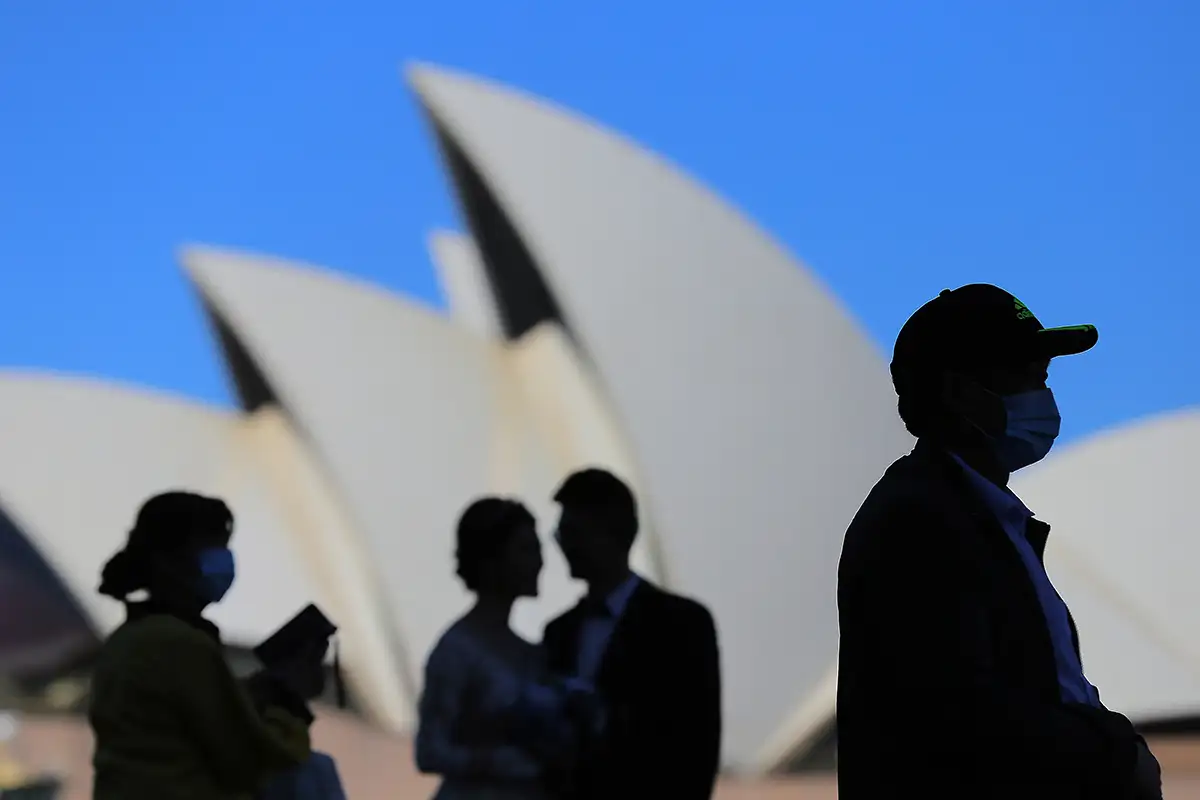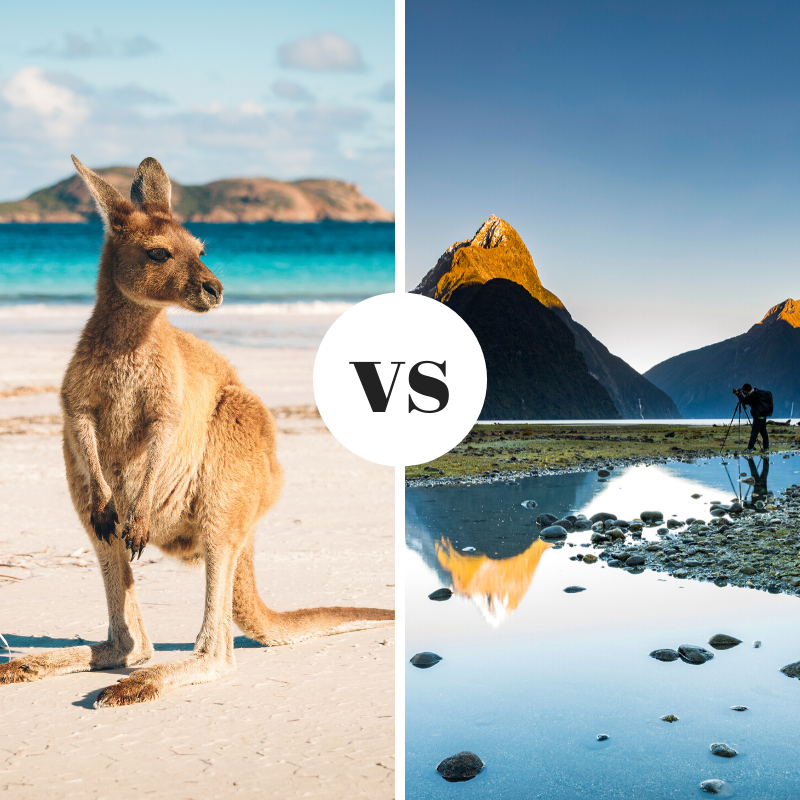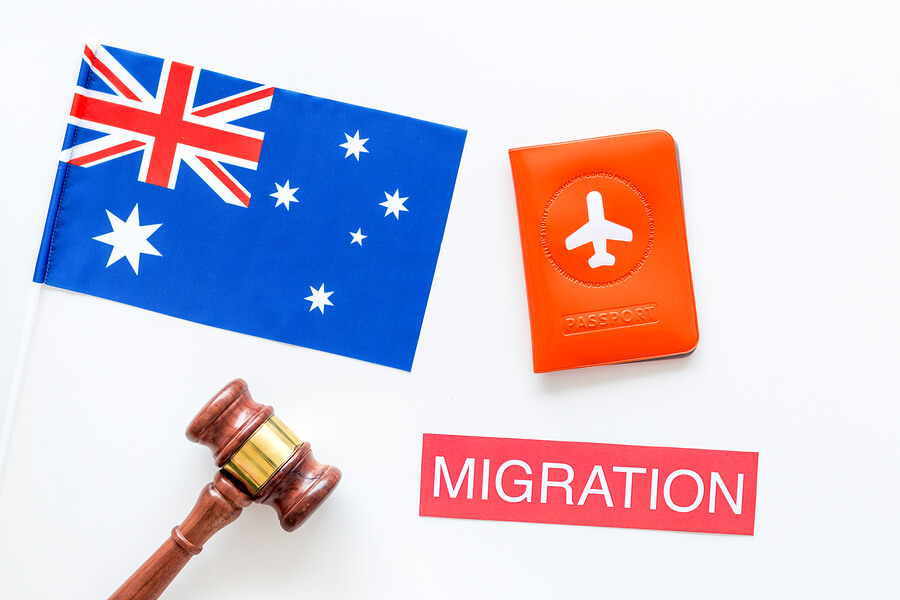
Like the majority of other nations, Australia is facing the coronavirus, also known as COVID-19. At the time of writing, Australia had put travel restrictions in place, required new visitors to stay in quarantine for 14 days, and set a two-person maximum for public meetings.
We’ll go into more detail about these and other steps the Australian government has made to try to combat the problems the coronavirus has caused below.
Travel limitations
Australia is only accessible to citizens, residents, and their close relatives. All travelers are subject to a required 14-day quarantine in a hotel or other approved location upon arrival. Which hotels and other establishments will act as quarantine sites will be decided by the relevant state or territory administration.
Those in the immediate family
As previously mentioned, members of the immediate family may still visit Australia. These relatives include:
- Spouses
- Relying children
- Legal stewards
Children (subclasses 101, 102, and 445) and partners (subclasses 100, 309, 801, and 820) are exempt from applying for an exemption. Unfortunately, prospective marriage visa holders (subclass 300) are currently prohibited from traveling to Australia.
Except for those on Partner or Child visas, immediate family members on temporary visas must request for a travel exemption to Australia. Whether or not the person is permitted to enter Australia will be decided by the Department of Home Affairs.
If a member of the immediate family does not have a visa, they must apply for one before arriving in Australia and show documentation proving their link to the Australian national or permanent resident.
Please be aware that until the exemption or visa has been approved, the applicant should wait to travel to Australia.
When leaving Australia
As of 25 March 2020, only Australian citizens and permanent residents are permitted to travel abroad. However, there are several exceptions, and the following situations are exempt:
- Individuals who typically dwell outside of Australia.
- Airline and maritime employees, as well as related safety personnel.
- Individuals from New Zealand on a Special Category (subclass 444) visa.
- People who regularly handle both inbound and outbound freight.
- Those who must travel in order to perform their jobs in offshore facilities.
- Travelers on official government business, including Australian Defense Force personnel.
- Travel restrictions can change at any time. There are some exemptions in place. Please return frequently.
On the website of the Department of Home Affairs, you may find out more information on the exemptions and restrictions on travel. Visit this page for more details for visa holders.
Restricted to a maximum of two people at public events
Beginning on Monday, March 30, public gatherings will be limited to a maximum of two persons, according to Prime Minister Scott Morrison. Except for going to the store to buy food and other necessities, going to the doctor, working out, or going to school or job, he advised people to stay at home.
For their own safety, adults over the age of 70 should remain at home and isolate themselves, according to Prime Minister Morrison. He claimed that indigenous individuals over the age of 50 and people over 60 with a chronic condition should follow the same advice.
In order to reduce public gatherings, a number of public spaces are now also closed as of March 30. The following facilities are among them, but not exclusively:
- Bars and eateries (except for takeaways)
- Film theaters
- Public play areas
- Gyms
- Galleries
- Museums
- Outdoor athletic facilities
- Venues for entertainment.
However, certain stores will stay open so that people can stock up on necessities before more social isolation restrictions are imposed.
These limitations are meant to keep confirmed cases separate and make it simpler to track down the contacts of those who tested positive for the coronavirus.
A safety-net scheme worth AU$1.1 billion and no evictions for six months
The coronavirus outbreak has left a lot of people without a solution or without a job. As a result, the Australian government declared that states and territories would halt evictions for a period of six months. Additionally, the government has urged tenants and landlords to discuss short-term leases.
In addition, the Australian government has offered a AU$1.1 billion plan to help the millions of Australians suffering from the coronavirus’s catastrophic effects. The funds will be used to increase domestic abuse services, give Medicare assistance for those living at home, and provide additional emergency food relief to those in need. They will also be used to expand mental health and telemedicine programs.
To learn more, visit the Department of Home Affairs website
To reflect the most recent information on travel restrictions and other measures they have implemented, the Department of Home Affairs frequently updates their webpage. To stay current, simply click here.
You can still reach Australia’s Department of Home Affairs using any of the contact information on their website if you have an urgent immigration question.








